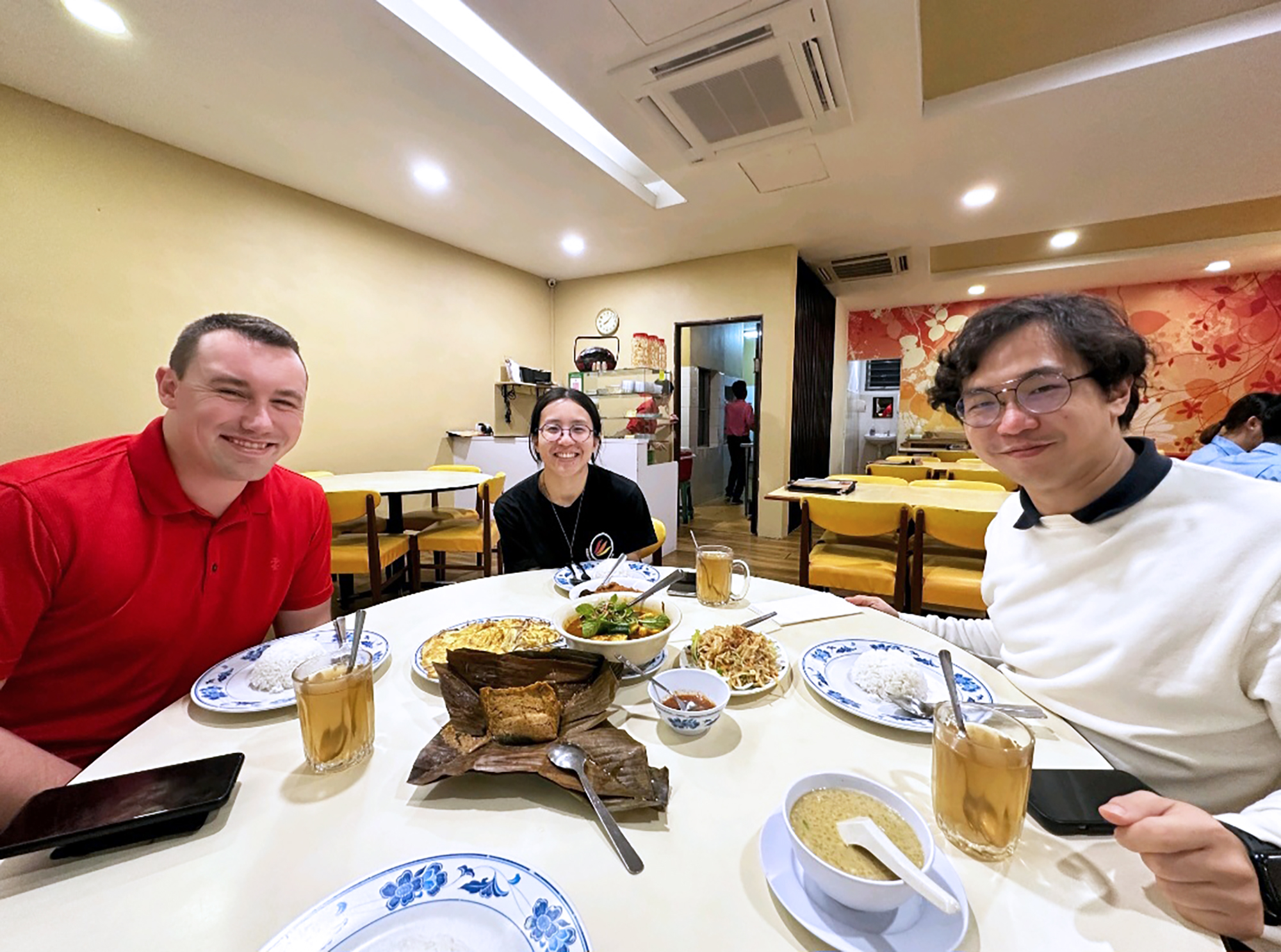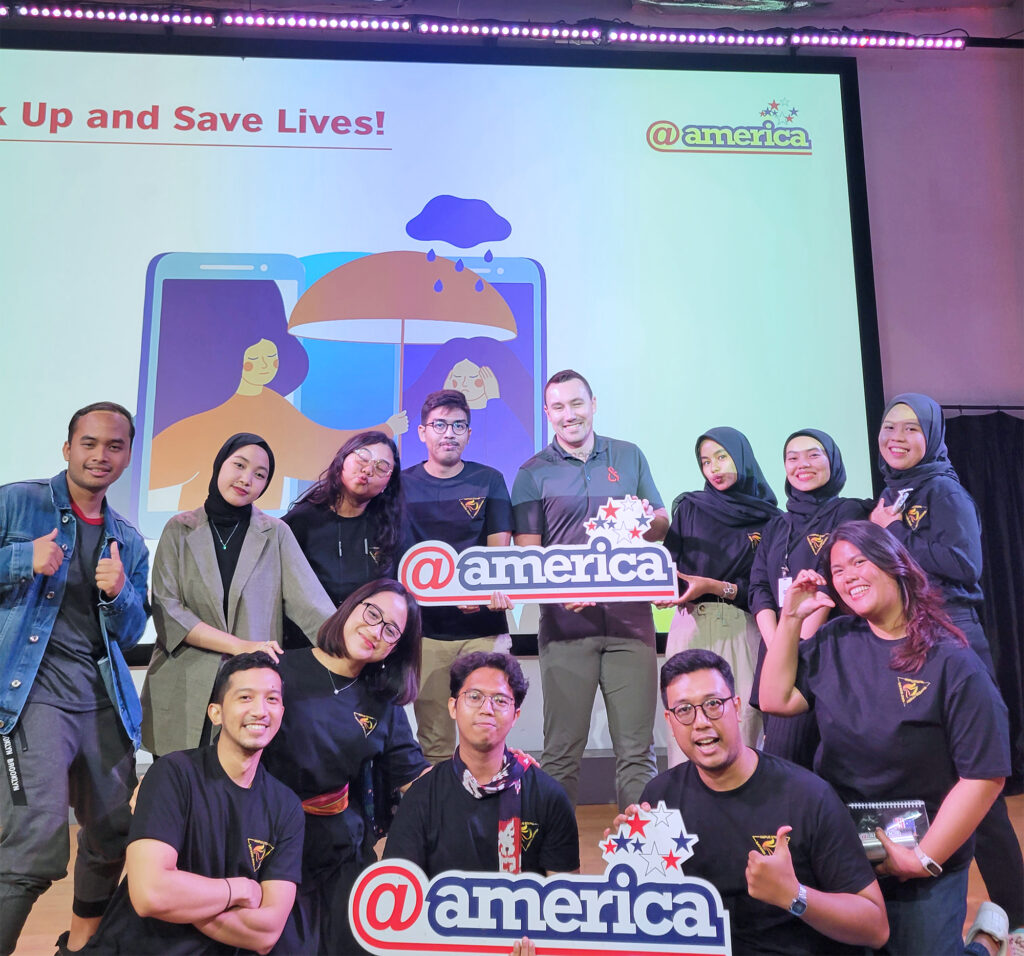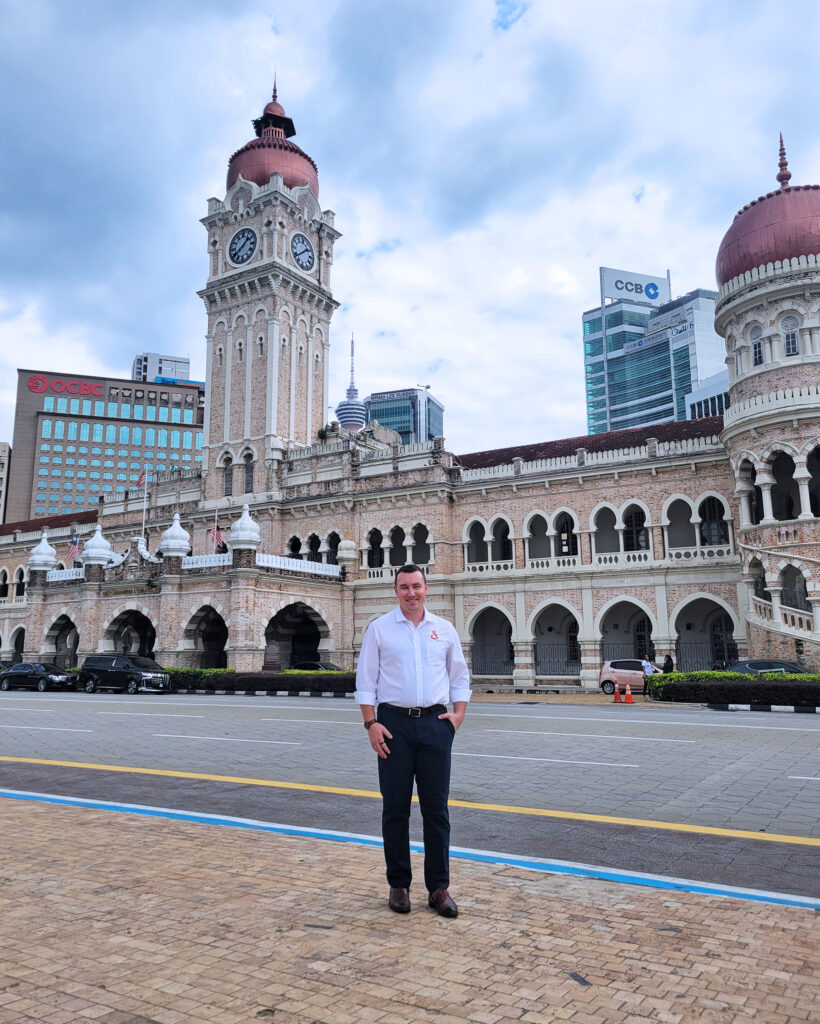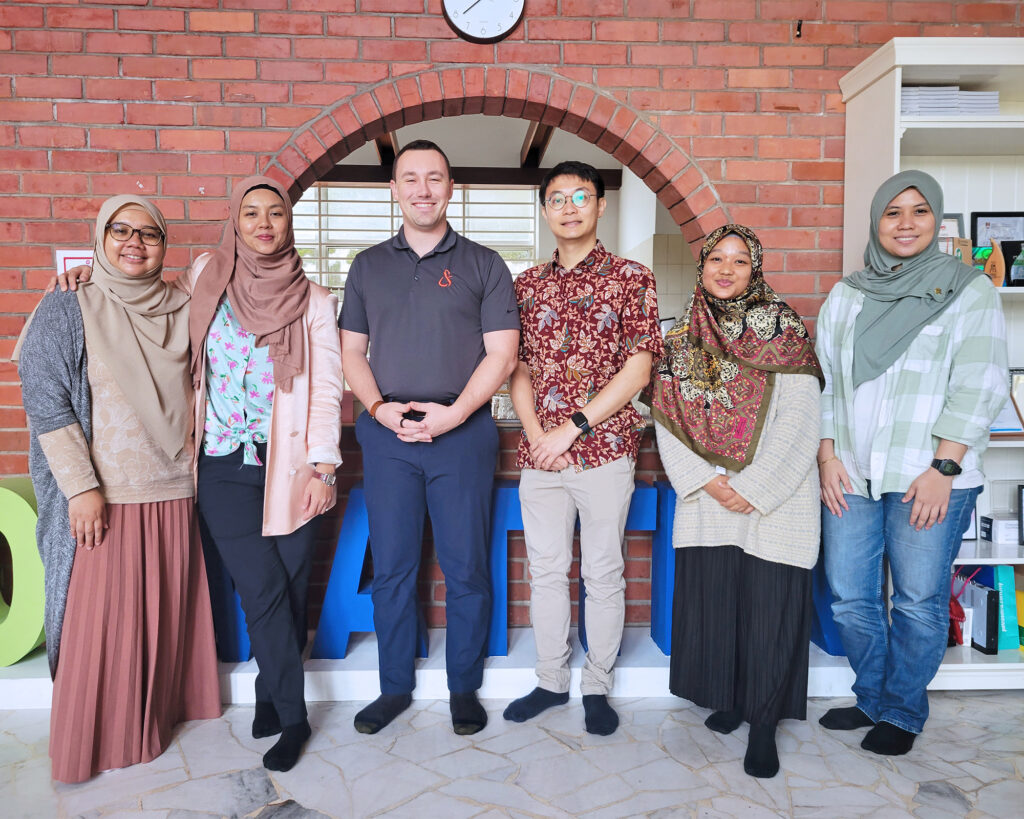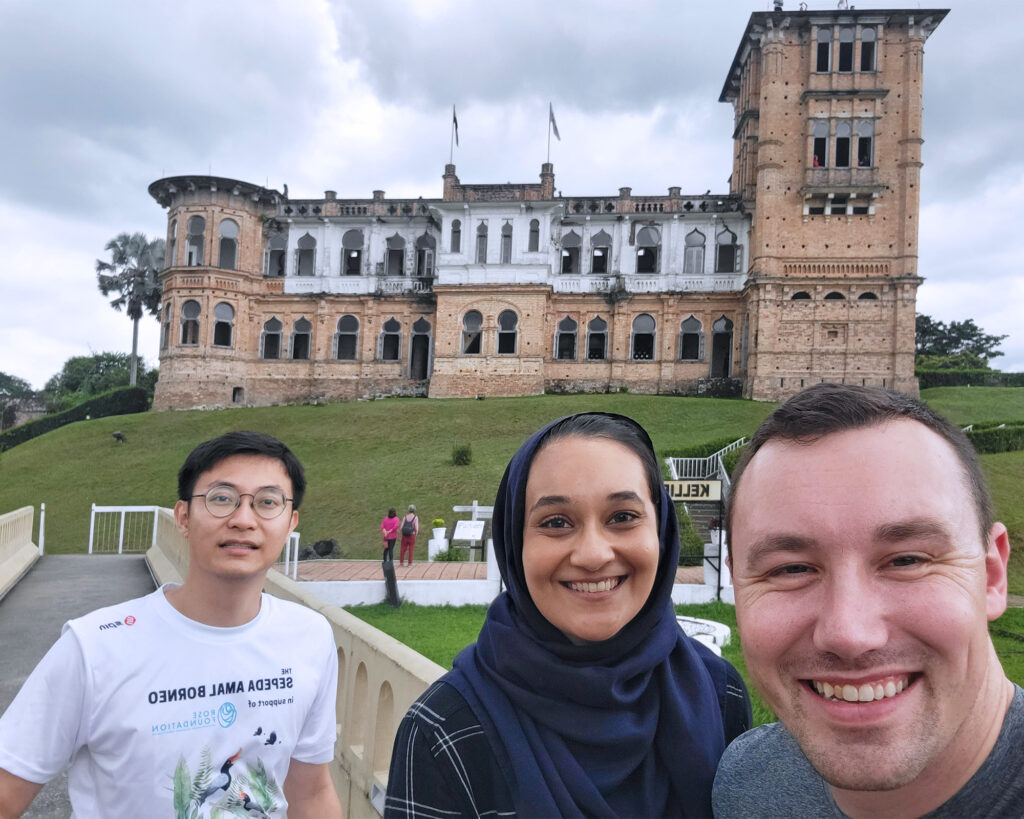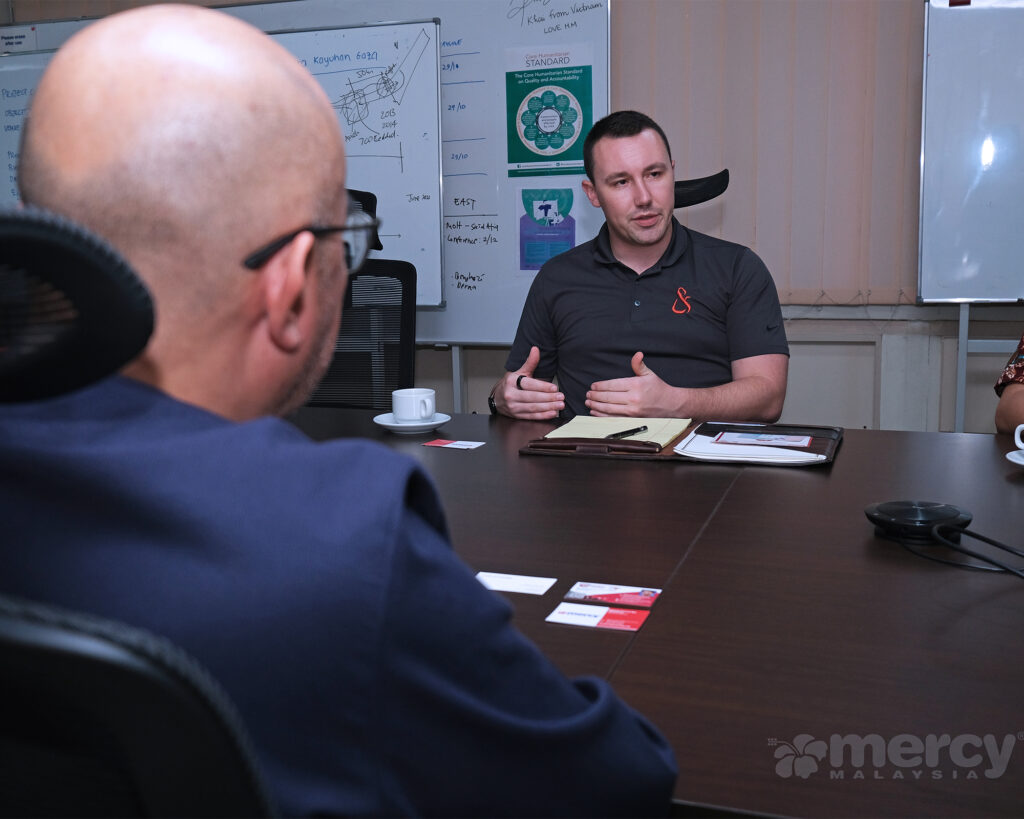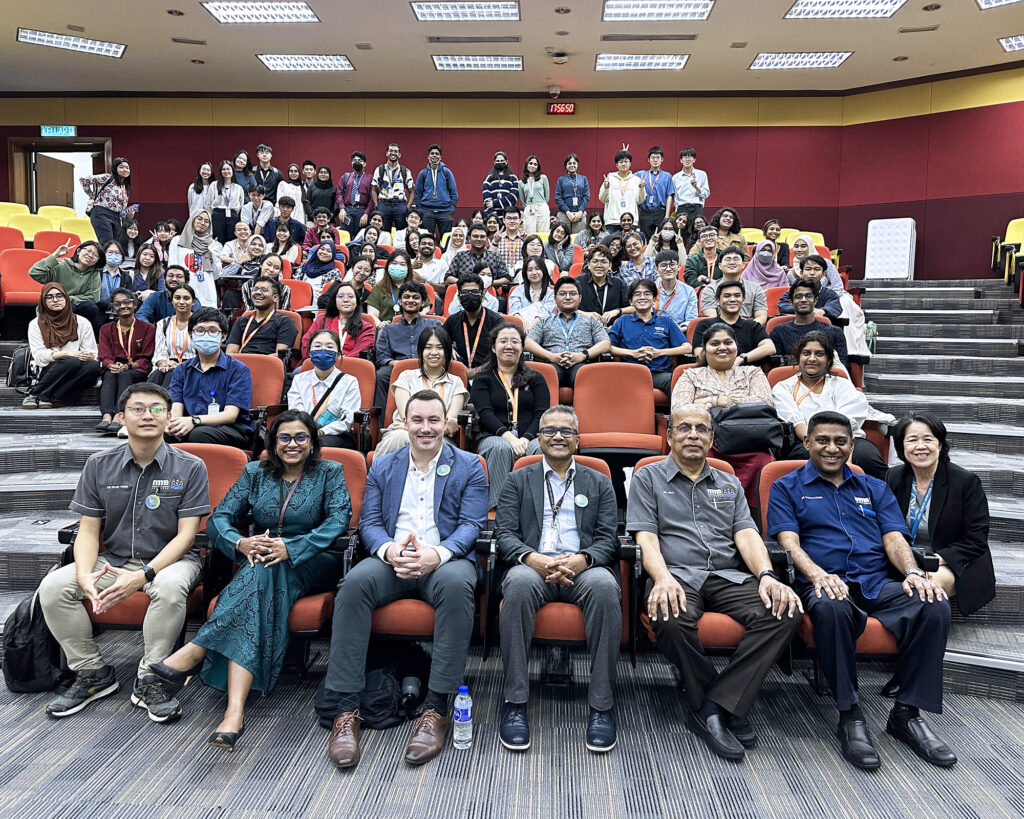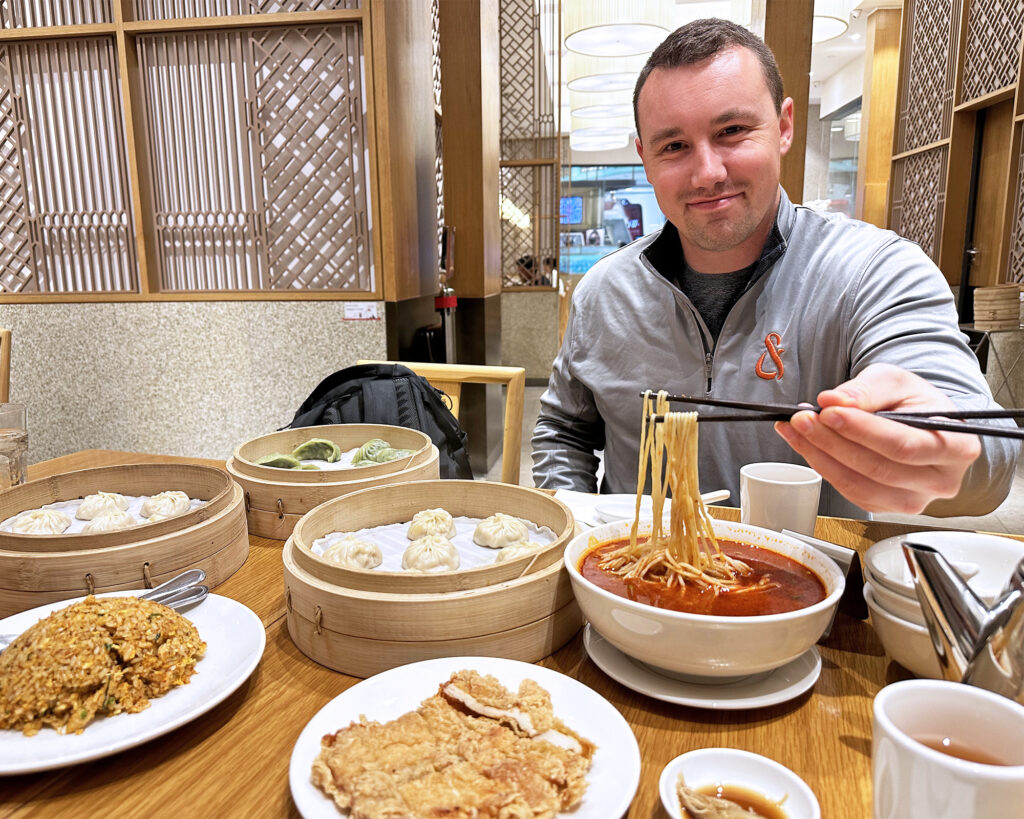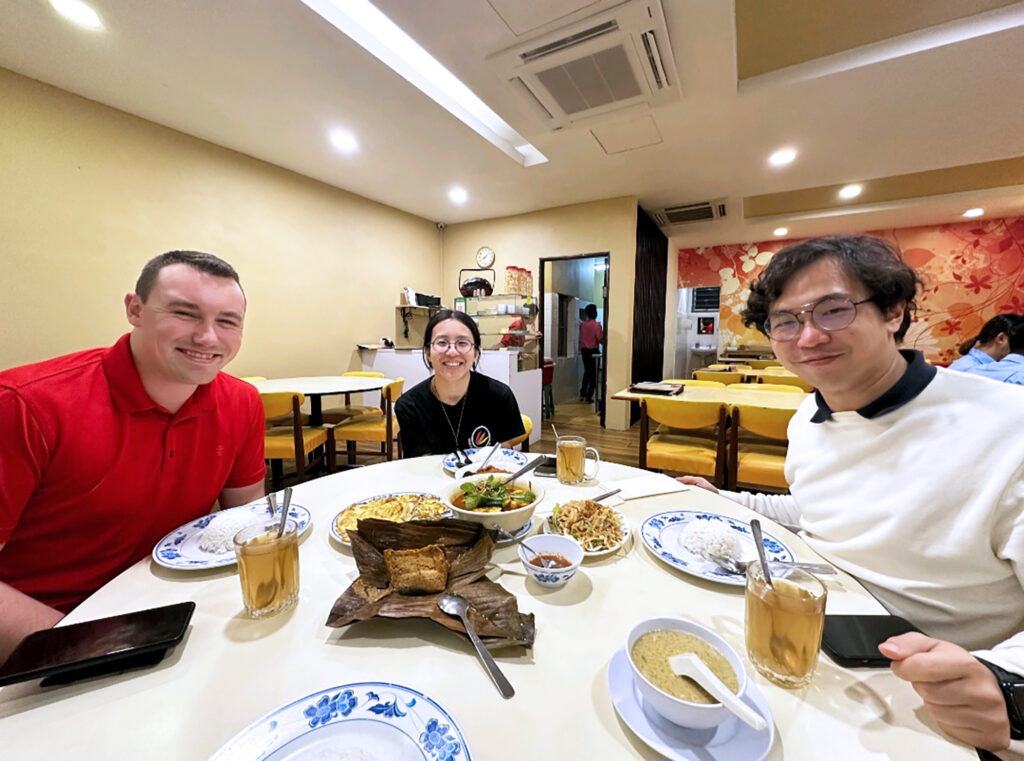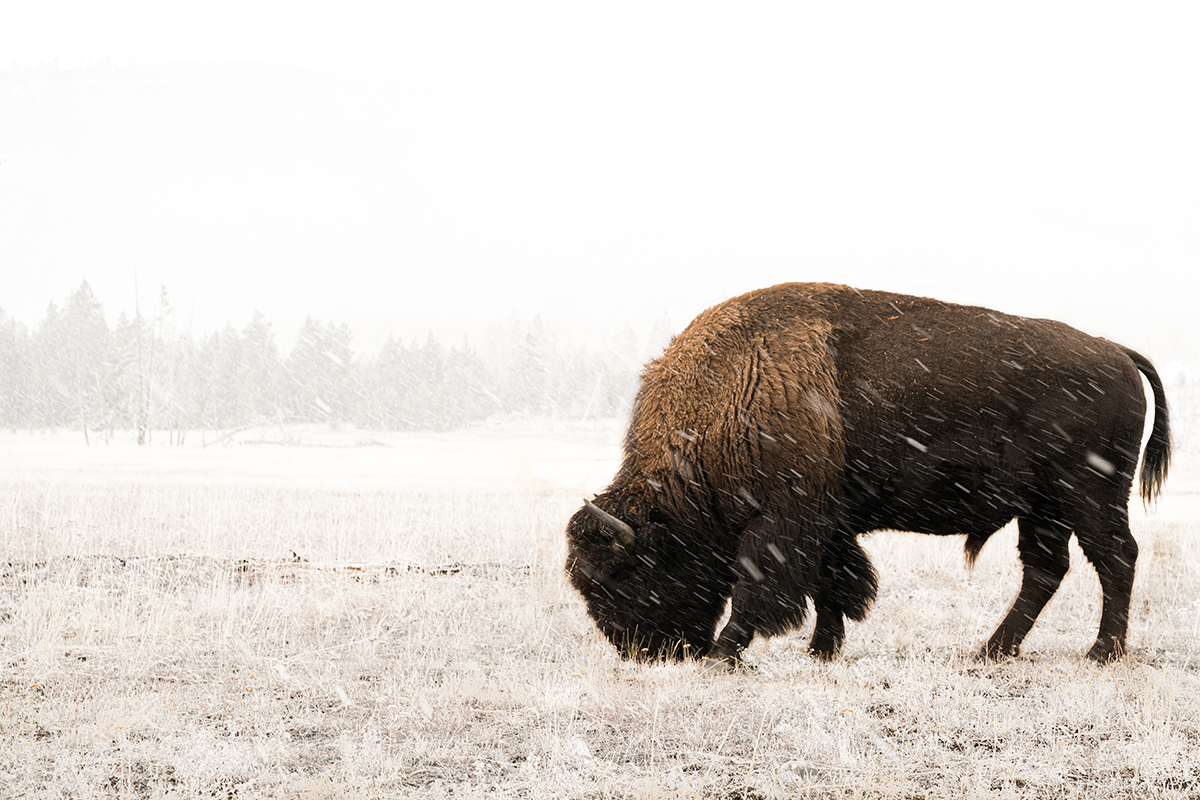
“What’s happening at Lost&Found these days?”
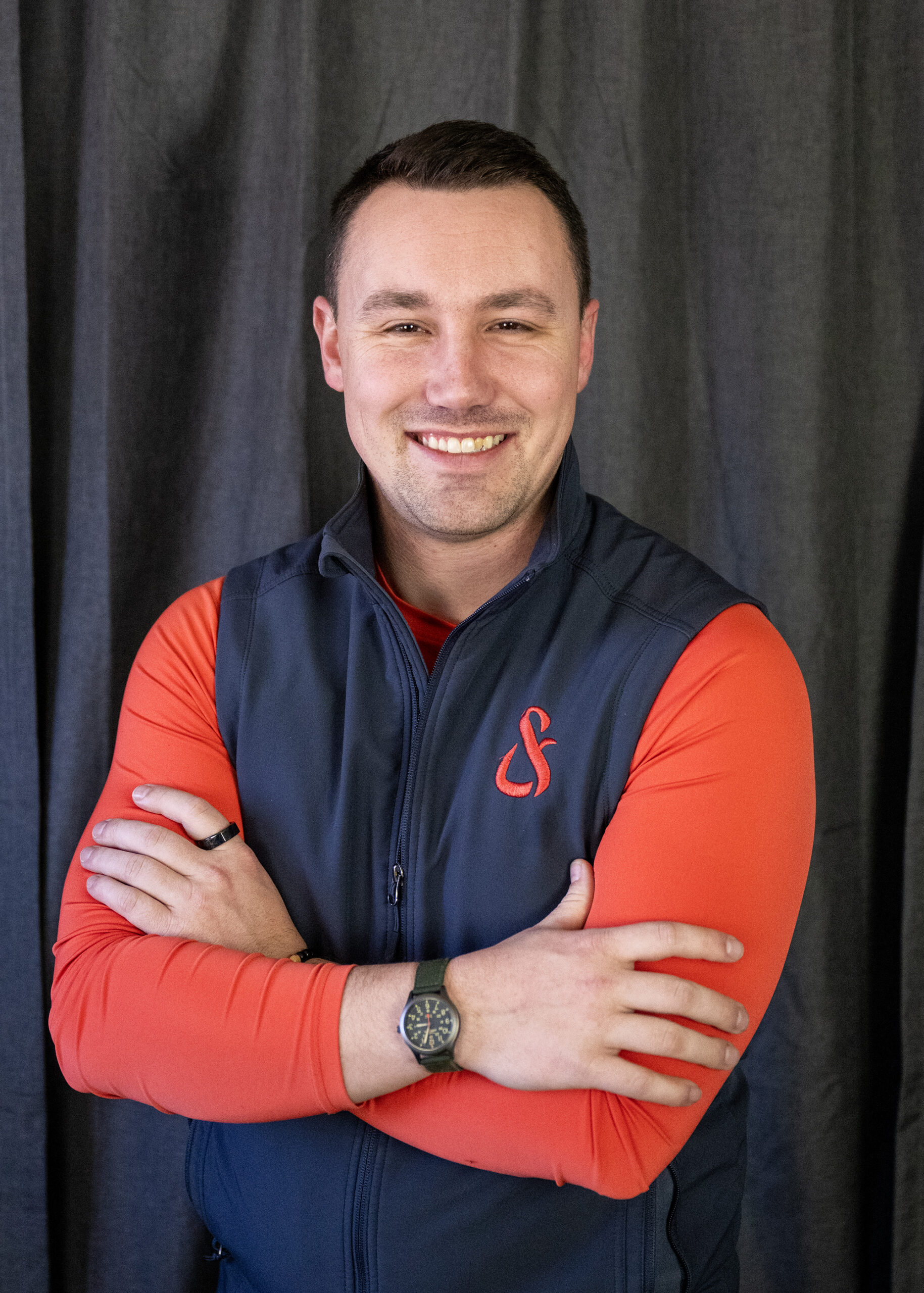
Erik Muckey, Lost&Found CEO
If you have wondered about this in the past few months, you’re not the only one. Trust me, it’s something I’ve been asked many times.
My answer is this: “We’ve dealt with a series of hard setbacks, and we’re coming back up for air.”
In just three months’ time, Lost&Found had to make a series of adjustments after encountering three significant obstacles on the path we had charted for 2024 and our future:
- Our CEO search didn’t go as planned. In October, Lost&Found ran into a snag before we could finalize the contract for a stellar candidate and human being, Kameron Nelson. I’ve remained CEO of Lost&Found, and long-time Director of Programs, Susan Kroger, has returned to join Lost&Found as we consider succession planning in 2025.
- Grant revenue losses forced Lost&Found to significantly cut its budget. Two different federal funding opportunities fell through for Lost&Found. That loss of revenue meant that Lost&Found’s board cut more than $300,000 in planned expenses to balance the budget and set Lost&Found on a stable financial path heading into 2025. Unfortunately, one leadership role was eliminated, while other staff leaders reduced time and non-personnel costs to maintain 100% of Lost&Found’s programs and services.
- Several suicide deaths in the Black Hills region depleted financial assistance for loss survivors through Survivors Joining for Hope (SJ4H). Over 30 days in May and June, the Rapid City area and surrounding communities experienced 12 suicide deaths, most of which were supported by Lost&Found’s SJ4H program. Because of higher-than-anticipated needs, financial assistance resources available through SJ4H were depleted as suicide losses remained high in South Dakota. Sioux Empire United Way funding allows SJ4H to continue providing financial assistance to low-to-moderate income families in the Sioux Falls metro, and Lost&Found continues to provide other resources to families statewide.
Let’s not sugarcoat it: these setbacks were rough. When not one, but multiple setbacks hit your nonprofit, it’s easy to wonder, “When will it stop?”
We know that our nonprofit isn’t the only one struggling right now. And we know that families across the region continue to feel the effects of suicide loss, despite signs of improvement in South Dakota.
But we also know that Lost&Found is an organization built on compassion, inclusion, responsiveness, and resilience. Just as we teach students, parents, and community leaders to build resilience, our team uses its spirit of resilience—and hope—to weather the challenges we face.
That’s why we must look ahead. We must continue doing more to prevent suicide, the leading cause of death for youth and young adults under 29 in South Dakota and much of the country.
So, if you’re asking, “What’s happening at Lost&Found these days?” I can confidently say that our work is making a greater impact than ever.
- Eleven campuses in South Dakota and Minnesota offer Lost&Found’s student programs. Continuing our legacy of student mental health peer support, Lost&Found’s campus chapters and its Peer2Peer Mentorship program have impacted more than 250 students over the past two academic years. Combined with innovative new technology, the ReachU mobile app, Lost&Found is poised to grow its impact and continue life-giving and life-saving work on college campuses.
- Lost&Found has adapted its innovative tools for the workplace. After successfully implementing the Campus Resilience Index, a tool developed to help campus communities measure and improve suicide prevention efforts, Lost&Found has adapted this tool for the workplace with accompanying training, education, and policy tools to tackle an emerging challenge: rising suicide rates for young adults in South Dakota who have moved beyond high school and college. Initial partners have been enthusiastic about the direction the Workplace Resilience Index provides.
- We’re training more people than ever to have tough conversations about mental health and suicide. In the past year, Lost&Found has presented education and training in more than 100 settings, reaching over 10,329 people and counting. With qualified staff trainers across South Dakota and Minnesota, Lost&Found is truly doing more to educate the public about what it means to talk about mental health and prevent suicide.
- Lost&Found’s Survivors Joining for Hope (SJ4H) program has deployed more than $42,000 in financial assistance to low-to-moderate income families impacted by suicide. With more than 30 surviving families supported across South Dakota in 2024, Lost&Found plays a unique role in meeting families experiencing financial crisis and suicide loss—addressing some of the highest risk areas for future suicide and stopping the cycle of stigma.
We’ve been through challenges in 2024, but our focus on preventing suicide and building resilient people and communities keeps us grateful and hopeful.
And you can help.
In November, we launched our first-ever Resilience Champions campaign through which Lost&Found’s supporters are sharing why Lost&Found’s work matters to them as they raise funds to support it. Each Resilience Champion set a fundraising goal that is meaningful to them, and through our collective efforts, we seek to raise $50,000—and more, thanks to generous matching partners!—now through December 20.
If you’d like to become a Resilience Champion, we welcome you to the team! You can sign up here. We would also welcome your support by liking, sharing, and, if you can, financially supporting the Resilience Champions you encounter in the next month. You’ll hear more from us throughout the campaign about the generous matching partners who have stepped forward as Partners in Resilience.
Lost&Found remains committed to working to build a world in which no person dies by suicide, and a world where the tools and support for developing lifelong wellness are easily accessible. Thanks to all who are in this work with us.
Together, we can and will do more to prevent suicide.
